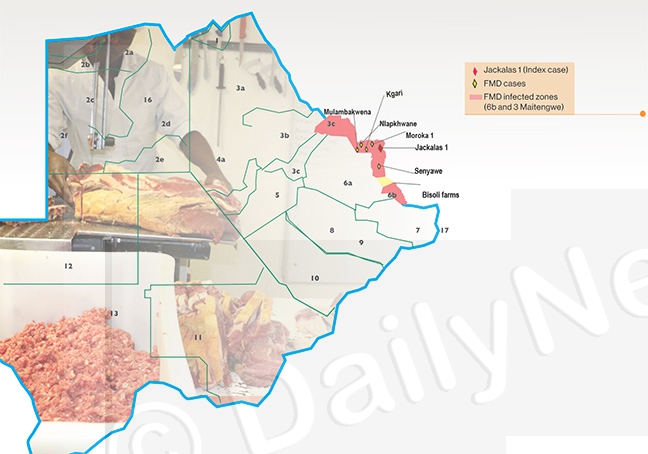Rural industrialisation catalyst to economic development
24 Jun 2025
Rural industrialisation holds significant potential for both economic development and poverty reduction within the country, Minister of Local Government and Traditional Affairs, Mr Ketlhalefile Motshegwa has said.
Speaking at the Rural Development Council (RDC) orientation, he said Botswana was fortunate to possess abundant natural resources countrywide and it was important to transform these resources into tangible economic opportunities. Therefore, he said the industrialisation strategy should strategically leverage these natural assets and the considerable tourism potential to address the critical challenges of poverty and unemployment.
“For resource-based industrialisation to succeed, it will require tailored policy instruments. It is crucial to ensure that we diversify our rural industrialisation efforts beyond an exclusive focus on mineral-based industries,” he said.
Minister Motshegwa said poverty alleviation remained a top priority and the RDC should play a crucial role in designing targeted interventions. By understanding the unique challenges faced by different rural communities, Minister Motshegwa said the council could help craft holistic approaches that addressed not just economic factors, but also social and cultural aspects that contribute to poverty. He said rural development needed to be something much broader than traditional agriculture and had to focus on the social and economic well-being of rural communities.
“Agriculture should therefore be seen as a business and its associated value chains. As the lifeblood of our rural economy, agriculture stands to benefit greatly from the council’s expertise,” he said.
The minister said addressing such critical issues required a holistic and integrated approach to rural development in the country, one that was context-specific, participatory and responsive to the diverse needs and aspirations of rural communities. He said there was need to initiate institutional reforms that could create an enabling environment for rural development to ensure their responsive to the needs of rural communities.
“We need to look at the capacity of local institutions and community based organisations with the view to strengthen them play a more active role in planning and implementing rural development initiatives,” said Mr Motshegwa.
He thus said there was need to reflect on models that could be adopted to facilitate improved access to essential infrastructure and services such as energy, transportation, communication, healthcare and education. That, he said, would enhance living standards and economic opportunities taking into consideration cost effective solutions that could be adopted to address the infrastructure deficit in rural areas. ENDS
Source : BOPA
Author : Thato Mosinyi
Location : Gaborone
Event : Orientation
Date : 24 Jun 2025




